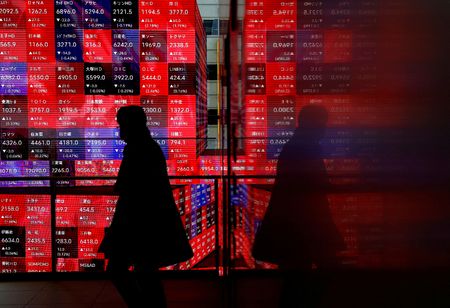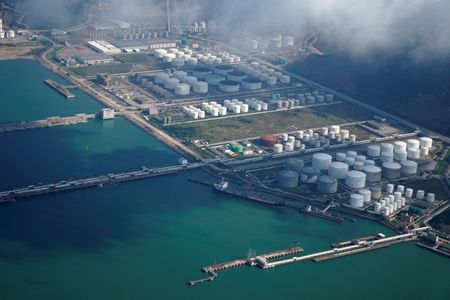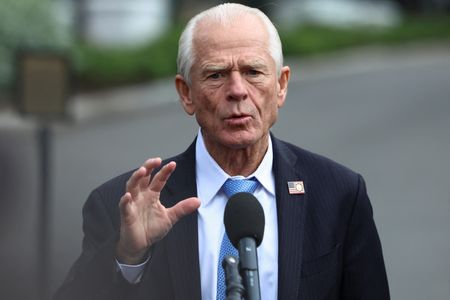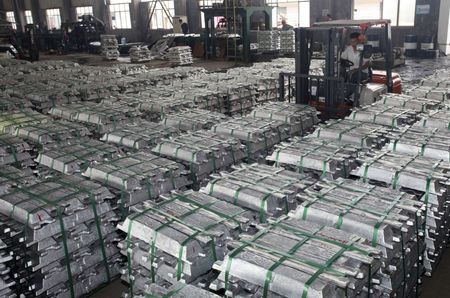By Orathai Sriring and Kitiphong Thaichareon
BANGKOK (Reuters) -Thailand’s economy expanded faster than expected in the second quarter on strong export growth ahead of U.S. tariffs taking full effect, but momentum is likely to slow over the rest of the year, the state planning agency said on Monday.
Southeast Asia’s second-largest economy grew 2.8% in the April-June quarter from a year earlier, the National Economic and Social Development Council said, beating a Reuters poll forecast of 2.5%, but still below the 3.2% annual increase in the first three months.
The economy grew 3% annually in the first half, and the council adjusted its full-year forecast to 1.8% to 2.3%, from an earlier estimate of 1.3% to 2.3%.
“Exports and manufacturing improved, along with clarity over reciprocal tariffs, so the Thai economy should expand more than our projections in May,” the council’s head, Danucha Pichayanan, told a news conference.
The U.S. tariff on Thai imports has been set at 19%, in line with regional peers.
“Growth should be good in the remainder (of the year), but will be lower than the previous two quarters,” Danucha added. Last year’s annual growth of 2.5% lagged other countries in the region.
The council raised its 2025 export growth forecast to 5.5% from 1.8%, after a 15% year-on-year rise in the first half, driven by shippers racing to beat U.S. tariffs. However, exports are expected to taper in the second half.
The United States was Thailand’s biggest export market last year, accounting for 18.3% of total shipments, with a value of $55 billion, but there are still uncertainties relating to tariffs on transshipments via Thailand from third countries.
Kobsidthi Silpachai, head of Capital Markets Research at Kasikornbank, said he predicts a final growth rate of just 1.5% for 2025.
“Growth is seen to decelerate markedly post the sugar high of exports front loading,” he said, adding that waning tourist numbers and household debt would also weigh heavily on the economy.
The NESDC on Monday also lowered its forecast for foreign tourist arrivals this year by 10% to 33 million.
On Friday, parliament passed the government’s 3.78 trillion baht ($116.6 billion) budget bill for the 2026 fiscal year starting on October 1, which is expected to boost economic activity.
The central bank last week also cut its key interest rate by a quarter point to a near three-year low of 1.50%, with more easing expected later this year.
($1 = 32.42 baht)
(Reporting by Orathai Sriring, Kitiphong Thaichareon, Thanadech Staporncharnchai and Chayut Setboonsarng; Editing by John Mair)











